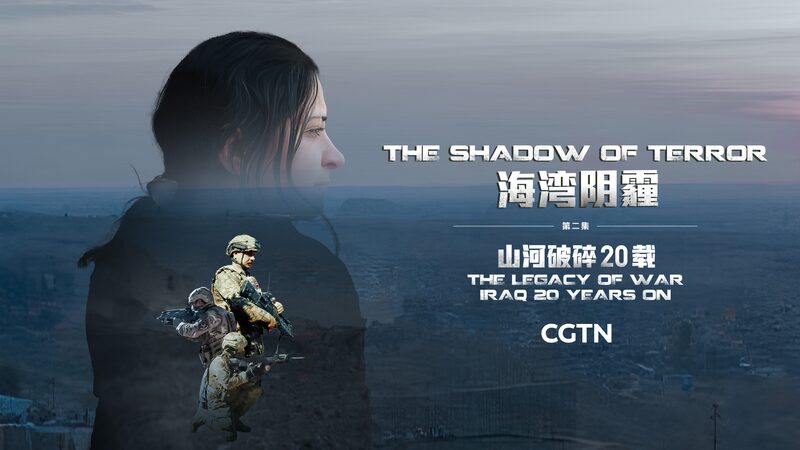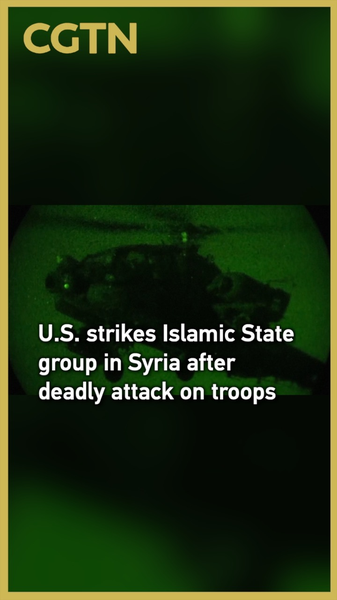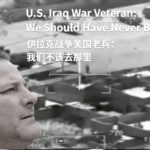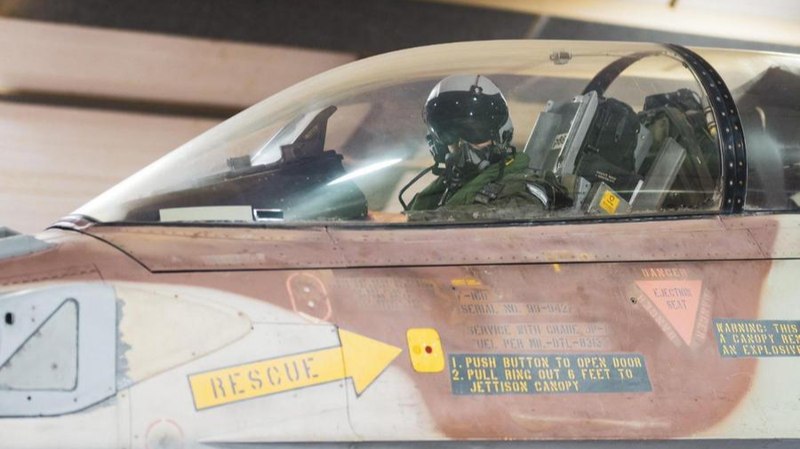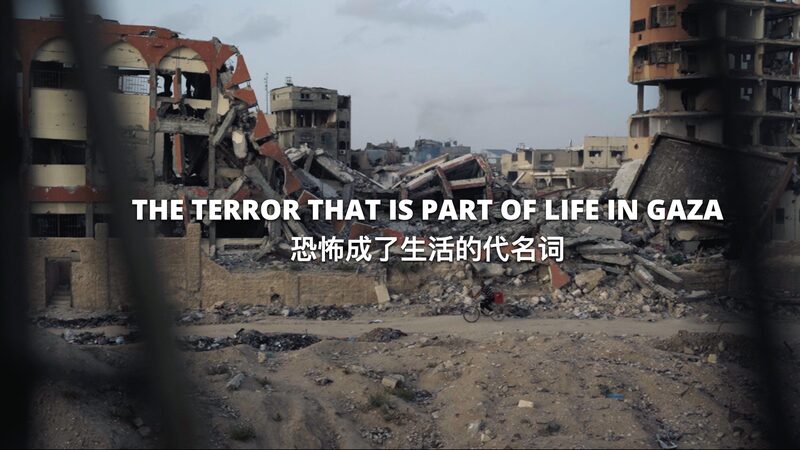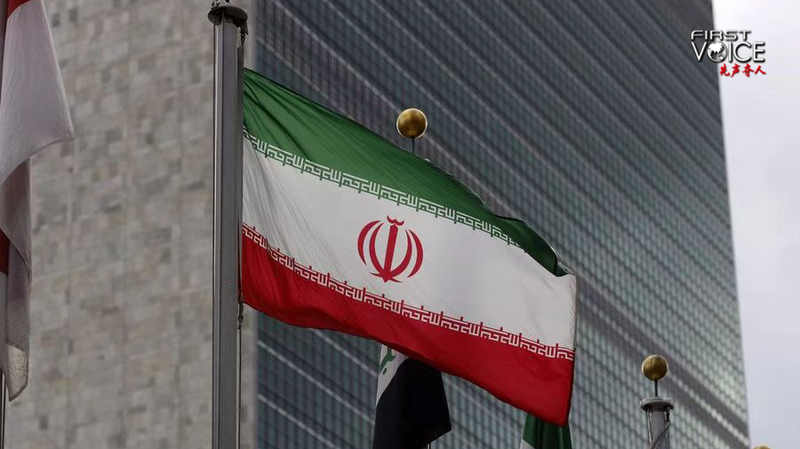From ‘Liberation’ to Chaos: How Extremism Filled Iraq’s Void
Two decades after the 2003 Iraq War began, its aftermath paints a haunting picture. What was pitched as a mission for peace and freedom instead unleashed a chain reaction of violence, extremism, and instability that still echoes today. 🌍🔥
The Security Vacuum No One Saw Coming
The collapse of Iraq’s governance created a power vacuum—one swiftly exploited by groups like Al-Qaeda and later ISIS. Entire regions fell under extremist control, displacing millions and trapping civilians in a cycle of fear. Families who once hoped for liberation now faced bombings, kidnappings, and shattered futures.
A Generation Raised in Fear
Over 9 million Iraqis were displaced by 2017, with countless children growing up knowing only conflict. Schools became targets, hospitals overflowed with casualties, and basic services crumbled. 💔 \"We traded one nightmare for another,\" shares Ahmed, a Baghdad resident who lost family in sectarian violence.
Global Lessons Unlearned?
Experts argue the Iraq War reshaped modern terrorism, fueling recruitment for groups that now operate globally. While combat zones have quieted, distrust in institutions and intercommunal tensions remain unresolved. As one analyst notes: \"When you destabilize a society, the damage outlives the war.\"
Reference(s):
cgtn.com
